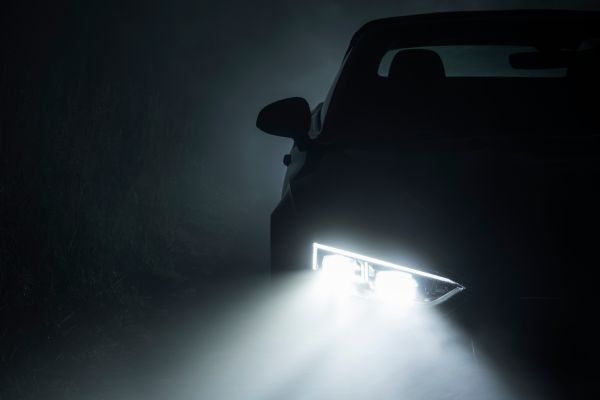If you are moving for work, sending a family member a car, or receiving a car from an out-of state dealership or private seller, loading your car onto the carrier might be the best option. Long Distance Towing is a trusted New York Car Shipping Companies. We will assist you with all aspects of your car shipping requirements. We will work tirelessly to ensure your satisfaction, from the moment we give you a quote to the time your vehicle arrives at its destination. Long Distance Towing offers auto transport services anywhere in the United States, including to the 99% of the globe. We are passionate about car shipping and strive to please.
Here are seven ways to ship a car safely and without worrying if your vehicle is going into the sunset.
Verify your insurance coverage
To check your insurance policy, you can look at the coverage and ask the shipping company for its liability insurance coverage. While most reputable carriers will offer coverage from $50,000 to $1,000,000, it is worth double-checking.
Brauer says that damage during shipping can happen, even with high-quality shippers. However, if the damage can be documented, shipper’s insurance should cover repairs. Before you agree to use the insurance offered by the shipping company, make sure you verify their type.
Give yourself enough time
It is different from shipping a package. Cars are heavier, more costly, and take longer to ship. For domestic deliveries, it can take 4 weeks. However, international shipping can take up 8 weeks.
It is important to plan ahead to locate a carrier and to determine the delivery and loading times. It is common for unexpected delays to occur so patience is essential. It is important to have someone you trust available to pick up the vehicle once it arrives.
Choose Your Location
A shipping company will usually contact you if it has a truck with an empty slot and is headed towards your destination. Before the transporter arrives, make sure you have enough parking space to load your car.
Find out the address where your car will be left by the company once it has reached its destination. Some services will charge extra if you agree to a pickup time and not just a date. It is possible to deliver between major cities for less than shipping between smaller communities.
Are you covered or uncovered?
Next, you will need to decide whether to cover your car while in transit. It is cheaper to leave it exposed, but it can also make the sheet metal more susceptible to dents.
Although it offers the best protection, an enclosed or covered carrier can be more expensive and may cost up to 60 percent more. Buyers who are shipping vintage, classic, or luxurious vehicles should order an enclosed trailer. They can also choose to have their vehicle top-loaded. This option is slightly more expensive and allows your vehicle to travel on its upper deck away from road debris, fluids, and other cars.
Examine the vehicle
A shipping company will inspect a vehicle for damage such as scratches or dents before it is loaded onto a truck. You should inspect the vehicle and accept the report of the assessor. In the event that you have to file a claim for damage, it is worth taking photos of the car before and after shipping.
A member of the shipping company will inspect the vehicle and perform a thorough inspection upon arrival. You will sign the form if you both agree to the assessment. A copy should be sent to you.
You can empty your vehicle but still leave some gas.
Before you load your vehicle onto a carrier, empty it. Extra items may cause damage to the shipment. Extra items inside can cause damage and jarring to goods. Additionally, loose items can impede sightlines during loading and unloading.
Brauer says that any valuable items should be removed from the car due to the potential access they will have during the shipping process. If the car won’t be shipped in an enclosed vehicle, which is more expensive than an open trailer for shipping, you might consider covering the car with a protection film or a car cover. Assuming the latter can be secured,
You should only leave a quarter tank fuel in your car so your car doesn’t run out and become stuck when you leave the carrier. Some carriers might also request that you disconnect the battery.


